Sport
As a revolutionary Pan-Africanist, President Ibrahim Traoré of Burkina Faso has grown popular among Africans worldwide as his ascent to power is viewed as one that rid the Sahelian nation of the shackles of French and Western hegemony.
By Yahya Habil
In a recent US Senate Armed Services Committee hearing, Michael Langley, the head of U.S. Africa Command (AFRICOM) and U.S. Marine Corps General, accused Burkina Faso’s Transitional President Ibrahim Traoré of pervasive corruption, saying: “All the proceeds from Burkina Faso’s gold reserves are to protect the military junta regime.”
This accusation sparked outrage amongst the worldwide African community, particularly among Pan-Africanists, who quickly took to the internet to express their discontent.
Ibrahim Traoré and the leaders of neighbouring Mali and Niger - Assimi Goīta and Abdourahamane Tchiani respectively – have been the current faces of Africa’s struggle against Western imperialism and have since formed a confederation known as the Alliance of Sahel States.
Traoré’s supporters, regard the American general’s accusation as a provocation pointed towards the confederation, which they consider to be a bastion of African self-determination in the face of imperialist Western hegemony.
What is truly rallying the global African community behind Traoré is his anti-imperialist and Pan-African stance.
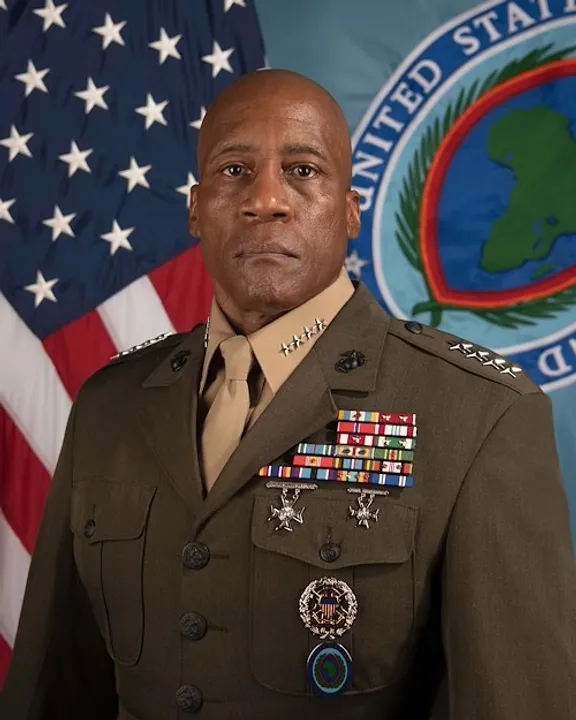
Alternatives to West
As a revolutionary Pan-Africanist, Traoré has grown popular among Africans worldwide as his ascent to power is viewed as one that rid Burkina Faso of the shackles of French and Western hegemony.
France and the West saw the loss of their foothold in Burkina Faso and the rest of the Sahel as a big hit to their international geopolitical strategy.
This is because diminishing Western influence in the Sahel meant the expansion of the Russian sphere of influence, as Russia has now been for a while the West’s main rival in Africa.
This is evident in Russia’s growing ties with the Sahel confederation states, which recently saw Traoré’s Burkina grant a new gold mining licence to the Russian firm “Nordgold”.
To make matters worse for the West, Russia is not the only power cementing ties with the Sahel states, as Türkiye has also been establishing presence and influence in the Sahel.
Similar to what Russia has done, Türkiye has signed a memorandum of understanding with Niger in the field of mining in October last year.
This rapprochement is bad news for the West as Türkiye has had a complicated relationship with France regarding African affairs, and France, as known, represents Western interests in the Sahel.
Thus, it is only natural that Western decision-makers would now target and point fingers towards the Sahel states, Traoré, and his gold endeavours.
Pan-Africanists know this very well, and this was behind their outrage over Langley’s accusations, as they seem to think that the West would want to re-install its influence in the Sahel and will do or use anything to justify an intervention in the region.
This approach is no stranger to Western and American foreign policies, as we’ve previously seen similar accusations be the fuel that powered US-led Western interventions in parts of the world where the West’s interests were at risk.
Traoré’s nationalist policies
There is no better example of this than the 2003 invasion of Iraq, which was justified by the claim that Iraq was developing weapons of mass destruction, when apparently the Iraqi government was simply acting as an obstacle to Western interests in the Middle East.
Therefore, similarities can be drawn between the case of Iraq and that of Burkina Faso’s. It is clear that the West is not fond of nationalist regimes who challenge Western dominion, whether Pan-Arab or Pan-Africanist.
Traoré’s Burkina Faso fits this description perfectly, as seen through the nationalistic policies being implemented in the country.
For instance, the country has nationalised the Boungou and Wahgnion gold mines.
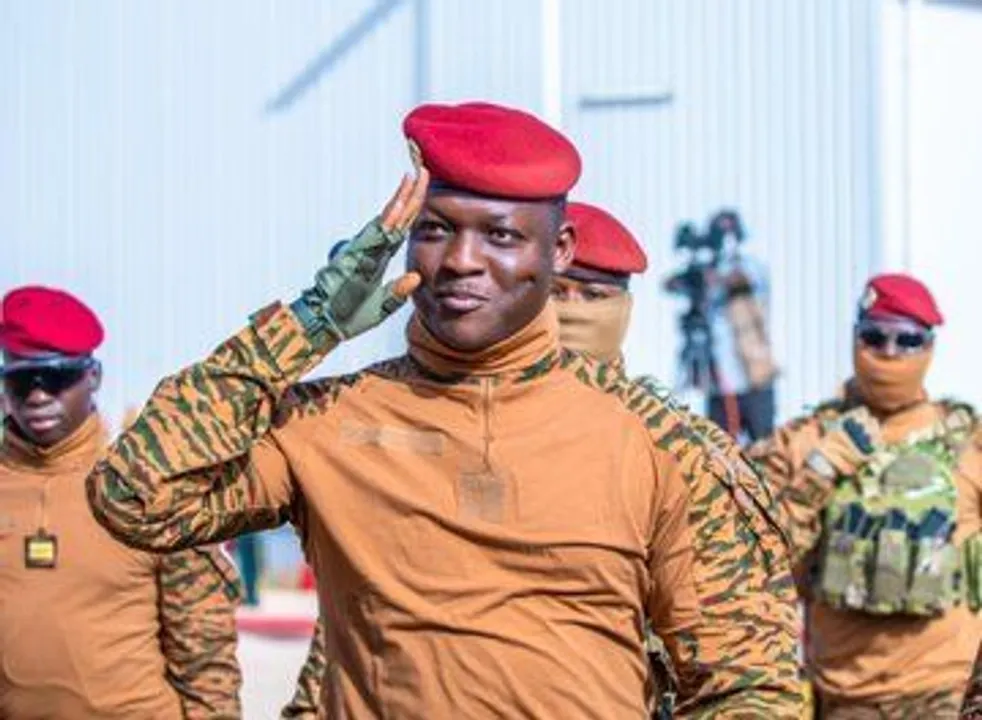
More symbolically, French has been abandoned as the country’s official language and Western attire has been prohibited among government officials and lawyers in favour of traditional Burkinabe attire.
To the global African community these actions represent a fresh breath of air. To many Africans, Traoré is the symbol of youthful African leadership and a refreshing face of power who can put an end to the ever-hampering Western influence in Africa.
Western bias and hypocrisy
On the other hand, the West should quit acting like the guardian of democracy across the globe, as they themselves have abandoned the core values of democracy.
Following its recent metamorphosis into populism and plutocracy, the current American administration in particular does not have many democratic values to tout.
Africans have seen through the successive American administrations and their political approaches. They have seen these successive administrations follow similar patterns in regards to targeting African regimes that are not aligned with Western interests.
They now know that the decision-makers in Western politics are not truly concerned with African nations’ well-being and the morality of these nations’ leaders, but rather with whether these leaders serve their interests or not.
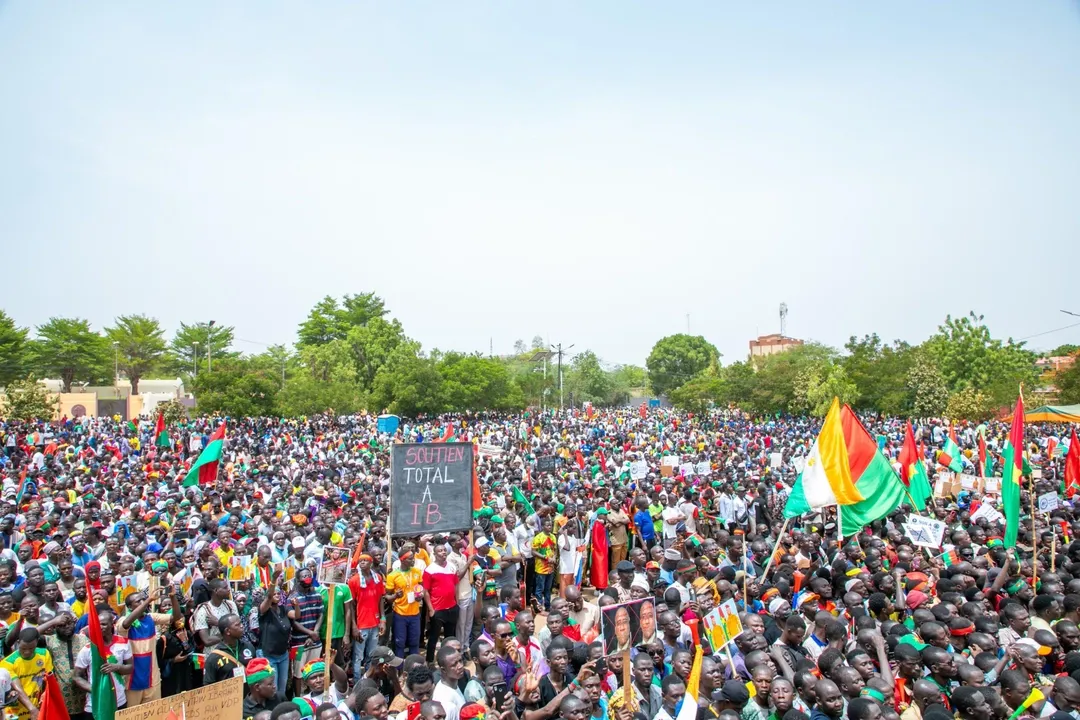
In other words, Africans know very well that the West would turn a blind eye to heavily corrupt leaders so long as they would serve their interests.
This is exactly why Africans are now sounding a “No More” outcry in defiance to the West’s constant vilification of African regimes they view as outliers.
The author, Yahya Habil, is a Libyan freelance journalist focusing on African affairs.
Comments
No comments Yet








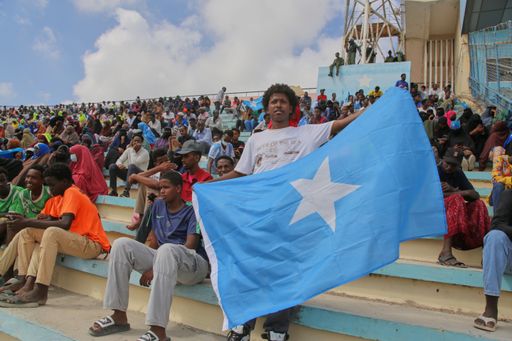
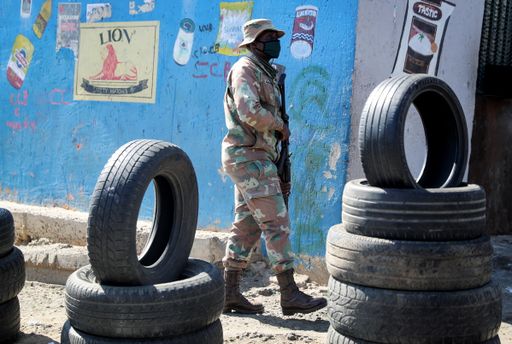
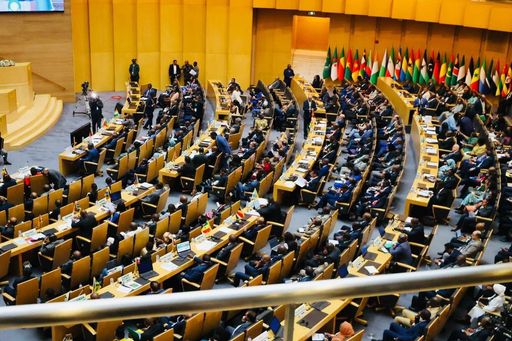









Comment